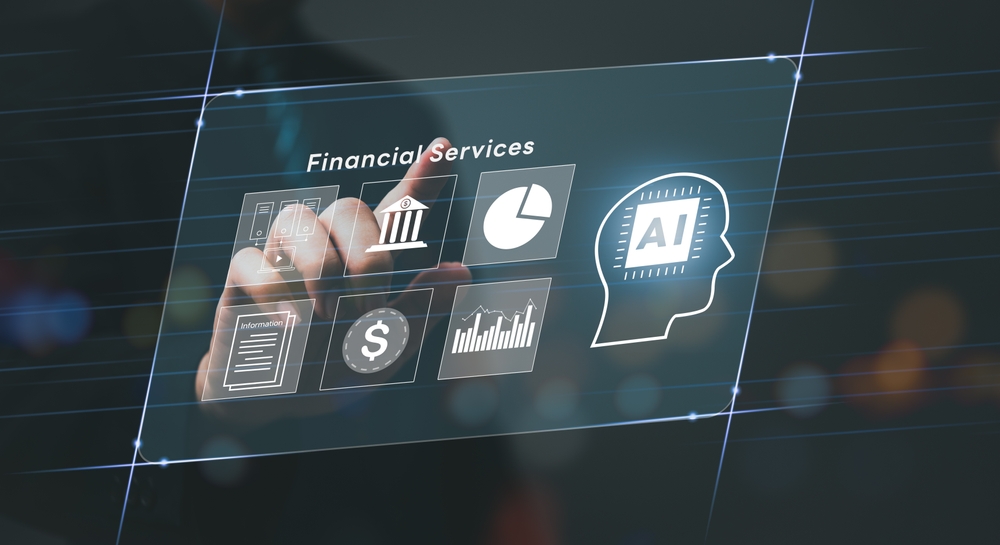Introduction
Adopting cutting-edge technology is imperative to remain competitive in the quickly changing world of modern banking, where artificial intelligence (AI) is emerging as a game-changer. Artificial Intelligence (AI) has a wide-ranging impact on the banking industry. It can transform customer service through personalized interactions and improve operational efficiency by utilizing advanced fraud detection systems. Banks can provide unmatched advantages to their customers and institutions by utilizing AI to streamline procedures, reduce risks, and provide customized experiences. AI’s potential to change the banking landscape is only going to increase as it develops, solidifying its place as a pillar of innovation in the financial sector and highlighting how important it is to advancing progress and staying one step ahead of a constantly changing environment.
- Improving Customer Service: AI-driven chatbots are transforming consumer interactions by offering round-the-clock, immediate assistance. These virtual assistants can answer questions, assist users with tasks, and even make tailored recommendations because they have natural language processing capabilities. Banks can provide seamless customer service experiences, increasing satisfaction and loyalty, by utilizing AI.

- Personalized Financial Advice: Huge volumes of customer data are analyzed by AI-driven algorithms, which then provide each customer with individualized financial advice based on their spending, saving, and financial goals. Banks are able to offer customized advice on investing, budgeting, and debt management by gaining an understanding of each customer’s unique financial habits. This tailored approach demonstrates the bank’s dedication to fulfilling the particular needs and objectives of each client, strengthening customer relationships and fostering trust.
- Fraud Prevention and Detection: In order to safeguard the assets of their clients and uphold their reputation, banks must be able to identify fraudulent activity immediately. Artificial intelligence (AI) algorithms examine transaction patterns, identifying questionable activity and stopping fraudulent transactions in their tracks. Banks can keep up with emerging threats by utilizing machine learning to continuously improve their fraud detection systems.
- Streamlining Operations: Artificial Intelligence (AI) automates tedious tasks and lowers operating expenses to streamline banking operations. AI-powered solutions improve accuracy and efficiency in a variety of applications, including data entry and document verification, freeing up human resources to work on more difficult tasks. Predictive analytics also optimizes the use of resources, reducing downtime and increasing output.
- Risk management: AI is essential to risk management because it helps banks identify and proactively address possible risks. Large-scale datasets are analyzed by machine learning algorithms to find patterns and trends, which aid banks in making wise lending, investment, and compliance decisions. By being proactive, possible losses are reduced and financial stability is improved.
- Enhancing Compliance: For banks, making sure that regulations are followed is of utmost importance. Artificial intelligence (AI)-driven solutions automate regulatory reporting, optimize compliance procedures, and keep an eye on transactions for questionable activity. Artificial Intelligence assists banks in maintaining regulatory compliance while minimizing operational burdens by precisely interpreting complex regulations and identifying potential compliance risks.
- Motivating Innovation: AI stimulates innovation in banking, opening up fresh avenues for expansion and distinction. Banks can create cutting-edge products and services that are suited to changing consumer demands by utilizing AI. Artificial intelligence (AI) is driving innovations that drive competitive advantage and market differentiation, whether it’s personalized wealth management solutions or predictive analytics for credit scoring.
- AI-Powered Banking in the Future: AI technology will only have a greater impact on banking as it develops. AI will fundamentally change the banking industry in the future by enabling hyper-personalized customer experiences and autonomous banking operations. But adopting AI calls for a calculated strategy that strikes a balance between innovation, morality, and legal requirements.

Conclusion
Artificial intelligence is bringing about a revolution in the banking sector by improving operational efficiency and customer service. Artificial intelligence (AI)-driven solutions, such as fraud detection systems and virtual assistants, provide banks and customers with unmatched advantages. Banks may provide individualized experiences, improve security, expedite processes, and spur innovation by utilizing AI. AI will play a bigger and bigger part in banking as it develops, influencing financial services in ways that are beyond our wildest dreams. Using AI is not only a smart move from a strategic standpoint, but also a means of seizing new opportunities and maintaining competitiveness in the fast-paced world of contemporary banking.
